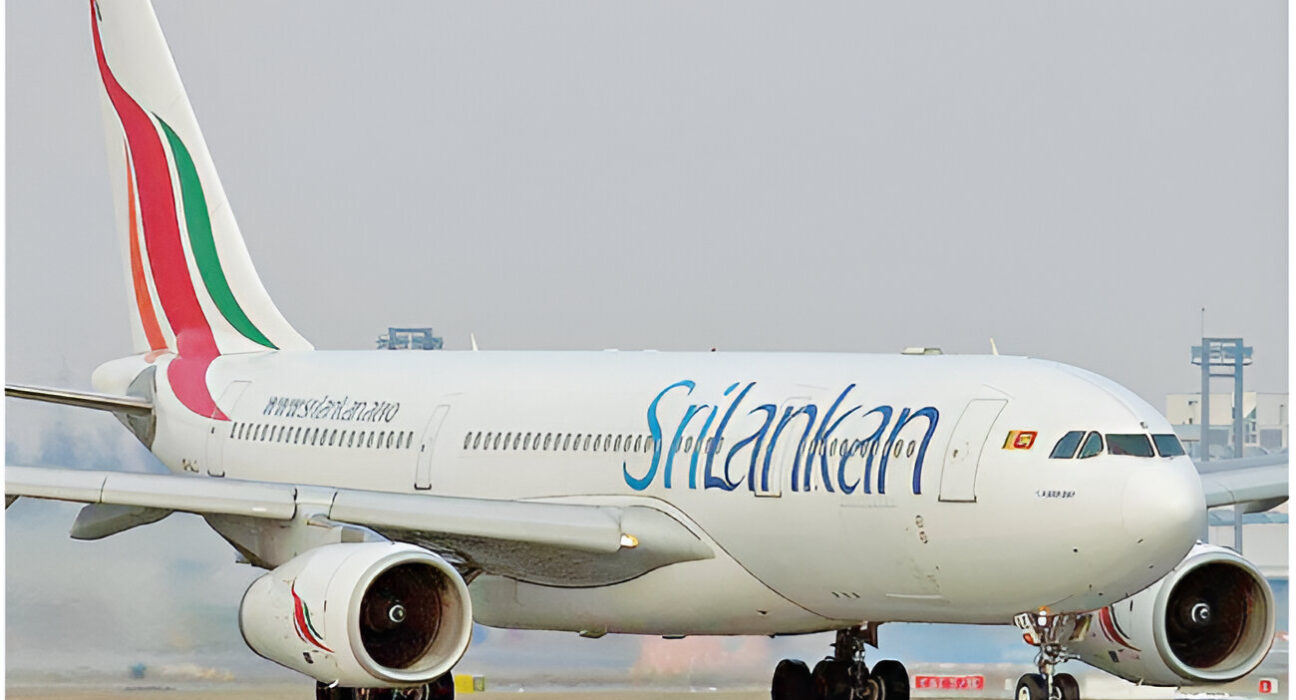The Sri Lankan government’s recent decision to absorb a significant portion of SriLankan Airlines’ debt has sparked debate. While the move aims to facilitate the airline’s sale, concerns linger about the burden placed on taxpayers.
The Advocata Institute, a public policy think tank, argues that taking over the airline’s loans – amounting to $210 million and 41.4 billion rupees – essentially shifts the financial responsibility to taxpayers. Research Analyst Akhila Randeniya acknowledges this as a necessary evil for restructuring, but emphasizes the urgency of a swift sale.
The longer SriLankan Airlines remains under state ownership, the greater the risk of accumulating further debt. The situation mirrors the recent struggles of Air India, another heavily indebted national carrier. In India’s case, the government absorbed a significant portion of the debt before successfully offloading the airline.
Sri Lanka’s challenge lies in its remaining debt of $1.2 billion, even after the government’s absorption of $510 million. This substantial sum makes the airline a less attractive prospect for potential investors.
The crux of the issue lies in balancing the need to make SriLankan Airlines a viable investment with the responsibility to protect taxpayers’ interests. A swift sale could stem further losses, but only if a reasonable buyer emerges. The government must tread carefully, navigating between financial prudence and the potential benefits of a revitalized national carrier.
